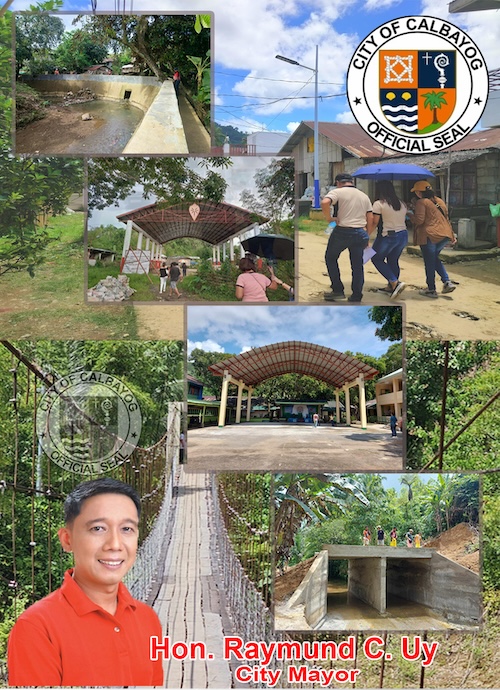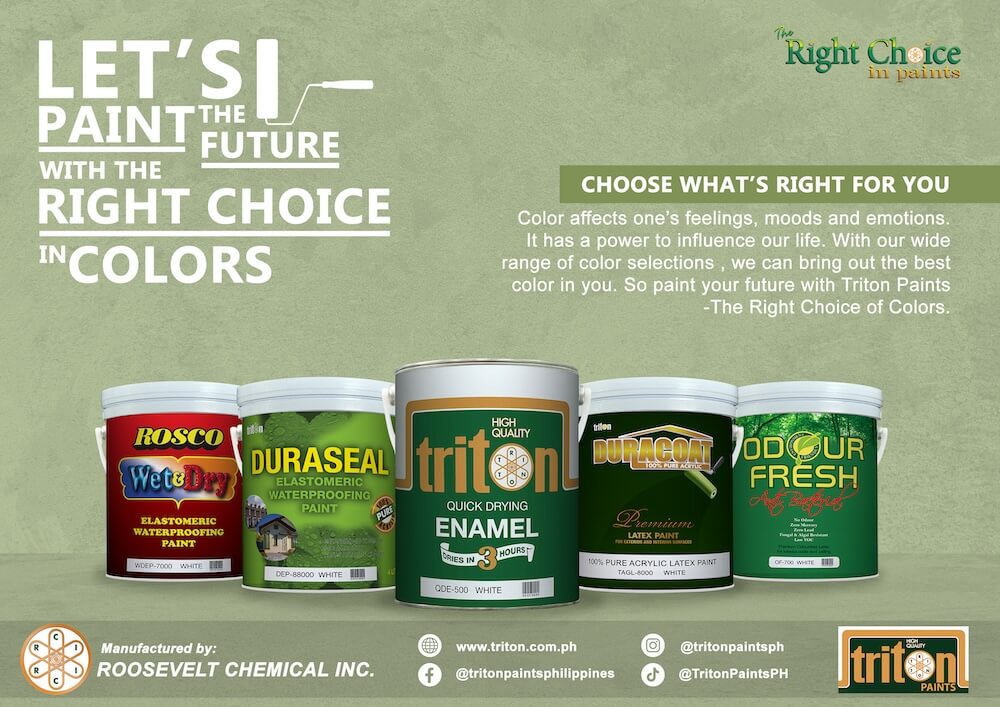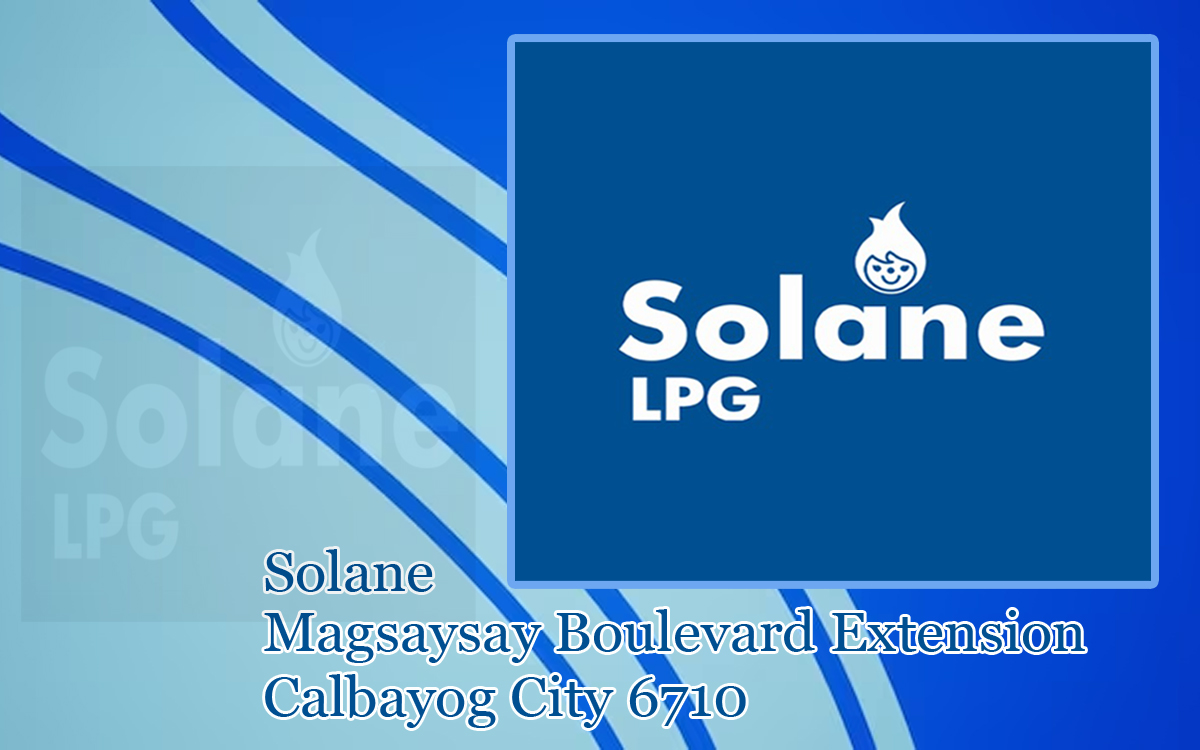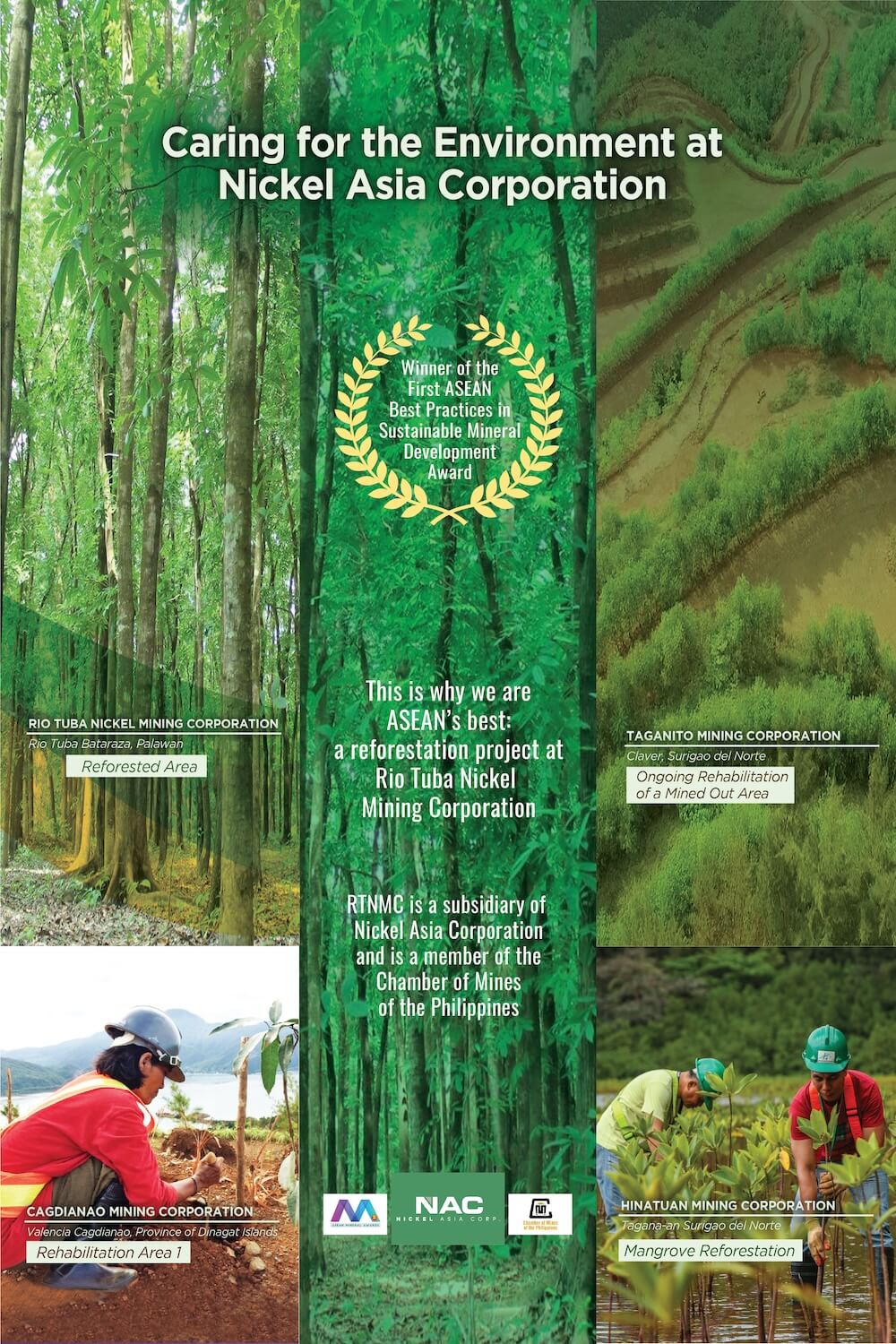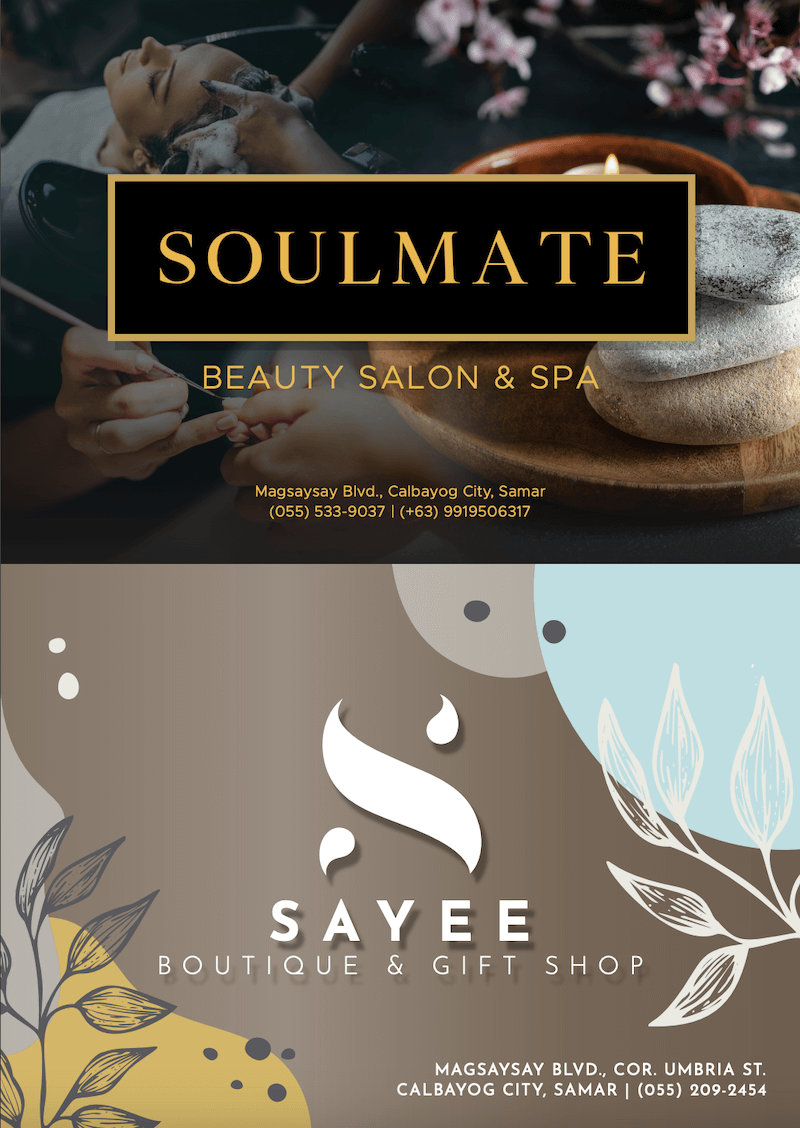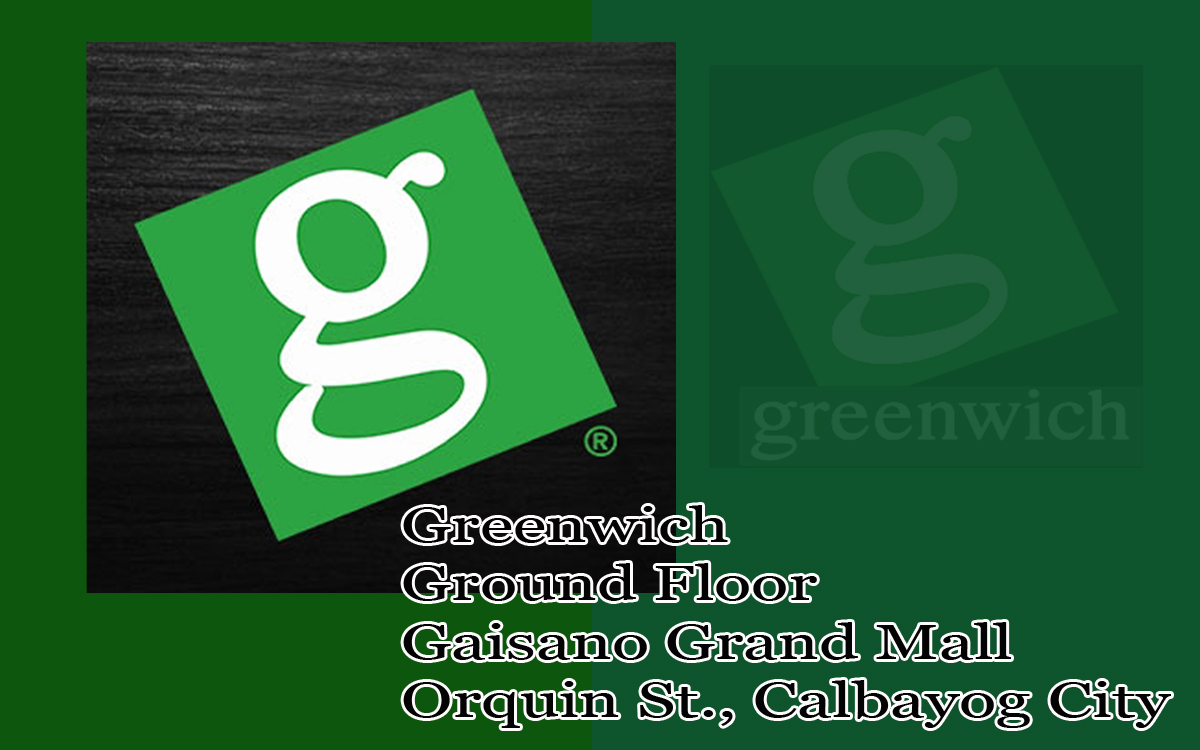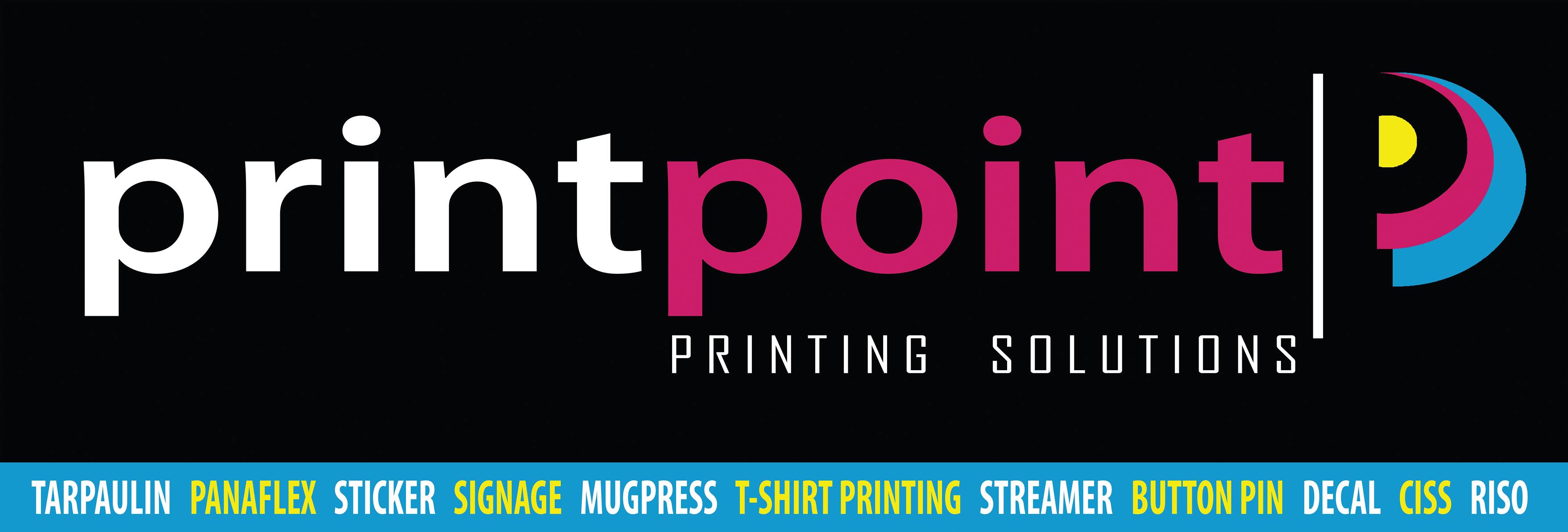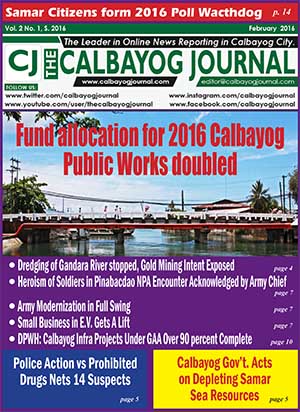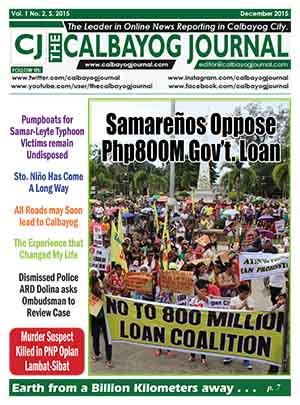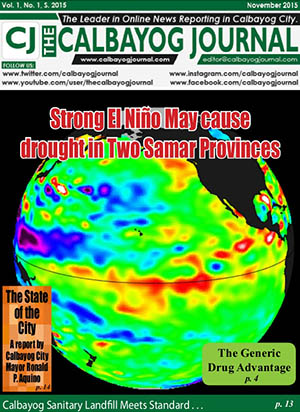Story/Photos: ELMER RECUERDO

In a country where the prevalent culture favors a fair-skin complexion, the huge market for skin-lightening products seems limitless.
But is the product that you are using safe?
A watchdog on toxic chemicals says some of these skin-lightening products are laced with mercury beyond the regulatory limits and these are openly sold in the provinces where regulation and enforcement is less strict.
The toxic watchdog group called BAN Toxics recently found skin lightening products (SLP) that contain mercury beyond regulatory limits openly sold over the counter in Bulacan despite the directive from the Food and Drug Administration (FDA) that bans them.
Toxic watchdog group BAN Toxics has alerted the provincial government regarding this for it to take action while urging it to enact an ordinance banning the use and sale of mercury-added SLPs to halt their illegal trade and prevent the risk of mercury exposure and poisoning.
The group identified the products as Goree Beauty Cream with Lycopene Avocado & Aloevera, Goree Day & Night Beauty Cream Oil Free Total Fairness System, Goree Gold 24k Beauty Cream and 88 Total White Underarm Cream.
These products are sold in beauty shops, drugstores and minimarts with prices ranging from 200 to 250 pesos.
The Minamata Convention on Mercury, to which the Philippine Government is a party, bans cosmetic products containing mercury that exceed 1 part per million. The agreement is a legally binding global treaty designed to protect human health and the environment from man-made emissions of mercury and mercury compounds.
The FDA has issued several public health warnings against these cosmetic products for containing health-damaging mercury.
The World Health Organization (WHO) has warned that exposure to inorganic mercury can cause kidney damage. Mercury may also cause skin rashes, skin discoloration and scarring, and a reduction in the skin's resistance to bacterial and fungal infections.
In recent months, BAN Toxics has been documenting the widespread sale of banned SLPs in Metro Manila, Daet (Camarines Norte), Tuguegarao City, Tacloban City, and now in Bulacan. The group has subsequently reported their findings to the FDA for regulatory action.
"We need a concerted effort not just from the regulatory agencies but also from local officials to conduct enforcement actions to ensure that violative products are not sold or made available in the market, protecting their constituency from toxic harm," said Thony Dizon, Toxics Campaigner of BAN Toxics.
BAN Toxics said it will continue to conduct on-site market monitoring and product test-buys of beauty products containing toxic mercury in other nearby provinces. The group vows to alert national government agencies and local officials for law enforcement action against retailers and beauty shop owners who violate the FDA advisory.(CJ/jmm/BV)
But is the product that you are using safe?
A watchdog on toxic chemicals says some of these skin-lightening products are laced with mercury beyond the regulatory limits and these are openly sold in the provinces where regulation and enforcement is less strict.
The toxic watchdog group called BAN Toxics recently found skin lightening products (SLP) that contain mercury beyond regulatory limits openly sold over the counter in Bulacan despite the directive from the Food and Drug Administration (FDA) that bans them.
Toxic watchdog group BAN Toxics has alerted the provincial government regarding this for it to take action while urging it to enact an ordinance banning the use and sale of mercury-added SLPs to halt their illegal trade and prevent the risk of mercury exposure and poisoning.
The group identified the products as Goree Beauty Cream with Lycopene Avocado & Aloevera, Goree Day & Night Beauty Cream Oil Free Total Fairness System, Goree Gold 24k Beauty Cream and 88 Total White Underarm Cream.
These products are sold in beauty shops, drugstores and minimarts with prices ranging from 200 to 250 pesos.
The Minamata Convention on Mercury, to which the Philippine Government is a party, bans cosmetic products containing mercury that exceed 1 part per million. The agreement is a legally binding global treaty designed to protect human health and the environment from man-made emissions of mercury and mercury compounds.
The FDA has issued several public health warnings against these cosmetic products for containing health-damaging mercury.
The World Health Organization (WHO) has warned that exposure to inorganic mercury can cause kidney damage. Mercury may also cause skin rashes, skin discoloration and scarring, and a reduction in the skin's resistance to bacterial and fungal infections.
In recent months, BAN Toxics has been documenting the widespread sale of banned SLPs in Metro Manila, Daet (Camarines Norte), Tuguegarao City, Tacloban City, and now in Bulacan. The group has subsequently reported their findings to the FDA for regulatory action.
"We need a concerted effort not just from the regulatory agencies but also from local officials to conduct enforcement actions to ensure that violative products are not sold or made available in the market, protecting their constituency from toxic harm," said Thony Dizon, Toxics Campaigner of BAN Toxics.
BAN Toxics said it will continue to conduct on-site market monitoring and product test-buys of beauty products containing toxic mercury in other nearby provinces. The group vows to alert national government agencies and local officials for law enforcement action against retailers and beauty shop owners who violate the FDA advisory.(CJ/jmm/BV)



